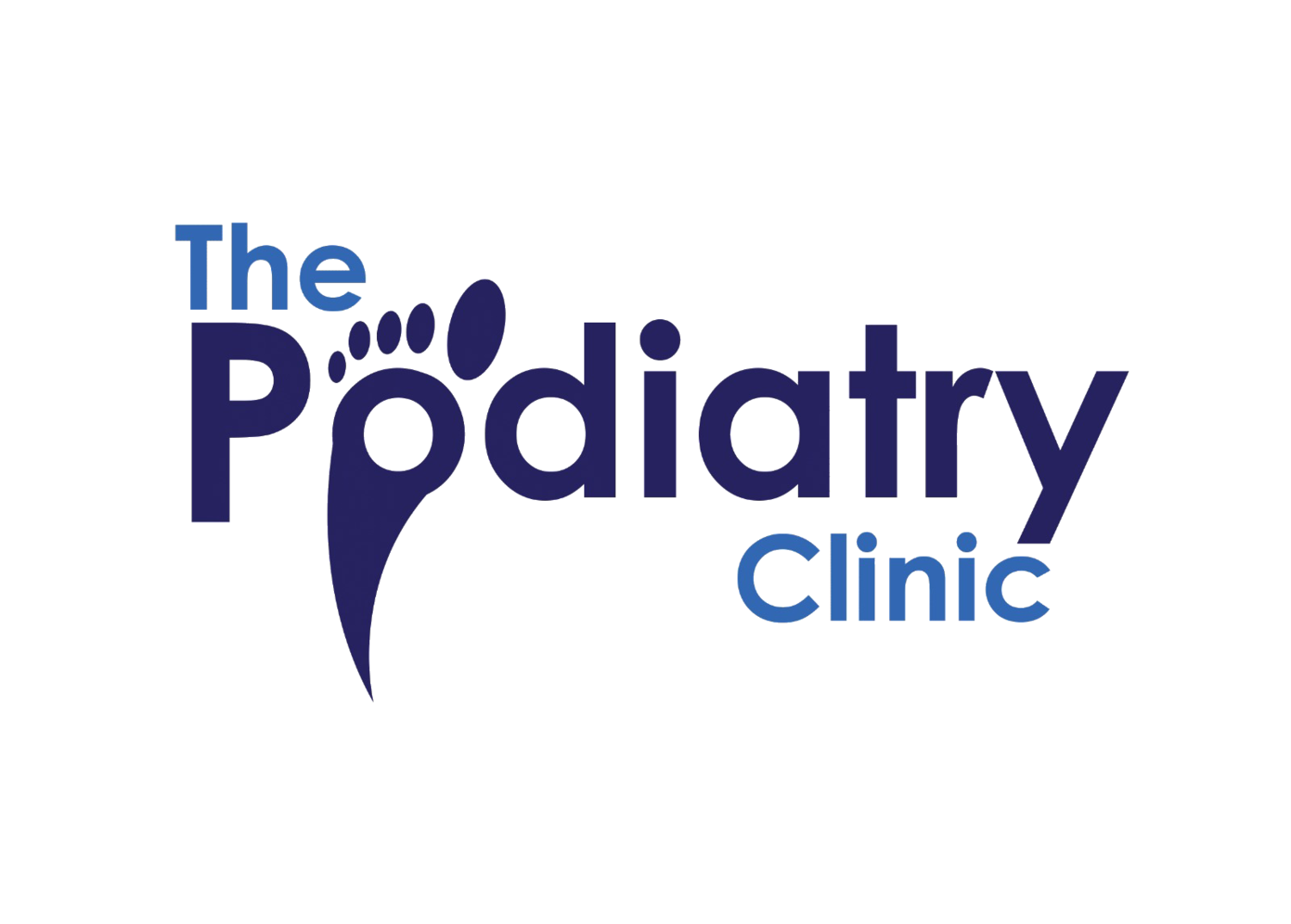
JOINT PAIN INJECTION IN HARBORNE, BIRMINGHAM (CORTISONE TREATMENT)
Joint Pain Injection In Harborne, Birmingham Cortisone Injection In Harborne, Birmingham
(corticosteriod or steroid)
Introduction
Cortisone is used to treat pain in various parts of the body where inflammation is felt to be the cause of this pain. The reason why cortisone is effective in treating this pain is because it is a powerful anti-inflammatory. Cortisone is used to treat a wide range of conditions such as joint pain, arthritis and repetitive strain injuries and provides faster pain relief.
Why inject cortisone?
Cortisone injections are performed in order to reduce or even eliminate pain associated with a variety of disorders, such as:
Bursitis such as shoulder and foot
Arthritis or osteoarthritis (most common joints are knee, shoulder, ankle & big toe joints)
Nerve pain such as carpal tunnel or Morton’s neuroma
Tendonitis and Tenosynovitis such as Achilles tendon and tennis elbow
Other miscellaneous conditions where inflammation is a contributor to the pain, for example plantar fasciitis, capsulitis and Morton’s neuroma.
Benefits:
The chances of cortisone providing you with the benefit of pain relief in most patients outweighs the risk of experiencing any side effect(s). The decision to inject cortisone is not taken lightly and is carefully made by Physiotherapist or Podiatrist in Harborne, Birmingham and based on your diagnosis and past medical history.
Cortisone injections more effectively treat joint and soft tissue inflammation, which reduces pain and improves joint function. Cortisone injections start to relieve pain within hours and the effects should last about a week, weeks or months. Cortisone injections, in general, are well tolerated by the body and do not cause the typical side-effects seen by taking oral steroids or anabolic steroids.
Possible Side Effects:
Allergy to any of the substances utilised during the procedure, such as the cortisone, dressing, local anaesthetic or antiseptic. This is usually minor and self-limiting.
The cortisone may result in palpitations, hot flushes, insomnia, and mild mood disturbance. This usually resolves within 24 hours and no treatment is necessary.
Infection is a rare but serious complication, especially if injected into a joint. Most infections take at least a day or two to manifest, so pain at the injection site after 48 hours is considered to be due to an infection until proven otherwise. Even if not definitively proven, you may be commenced on empirical antibiotic treatment.
Local bruising.
Localised skin and subcutaneous fat atrophy (thinning resulting in dimpling).
Hypopigmentation (whitening of the skin) at the injection site. This most commonly happens in injections of the palm of the hand or sole of the foot.
Mild increase in blood sugar levels in diabetic patients for several days (may last up to a week).
Transient increase in pain at the injection site before the cortisone takes effect. Occasionally this may be severe, however usually lasts only 24–48 hours and is treated with a cold pack, paracetamol and anti-inflammatory medication. If this occurs and you are concerned, especially if the pain is not settling despite the above treatment, then please call The Podiatry Clinics to discuss this with one of our Cortisone Injection Specialist in Harborne, Birmingham.
Cortisone injection administered directly into a tendon has been reported to weaken and damage the collagen fibres, thus carrying a risk of delayed rupture. For this reason, cortisone is only injected around the tissue surrounding a tendon and the tendon is rested for one week.
An extremely rare complication is avascular necrosis (bone death) which some doctors suspect may rarely occur when cortisone is injected into a joint, though this has not been proven.
Remember that the side effects of cortisone commonly reported in the media, such as osteoporosis, weight gain, acne and diabetes only occur when taking cortisone tablets for at least several weeks. These side effects do not occur with the careful use of cortisone injections.
How it Works:
Some steroids occur naturally in the human body. Artificial steroids act like natural steroids to reduce inflammation. Corticosteroids are manufactured versions of steroid naturally produced by the glands mainly adrenal gland. When corticosteroids are injected into a joint or tendon they can help relieve inflammation in the joint space, tendon sheath and nearby structures, which can then reduce any pain and stiffness. For the purpose of pain relief, steroids are often used in conjunction with a local anaesthetic such as Lidocaine which can provide immediate pain relief that lasts a few hours.
Other FAQs:
Can I have cortisone (corticosteroid or steroid) injections in Harborne, Birmingham?
Most people can have cortisone (corticosteroid or steroid) injections. However, a clinician in Harborne, Birmingham should always be consulted before treatment and you should inform them if you have experienced any of the following:
Had a cortisone (corticosteroid or steroid) injection in the last few weeks. You usually need to wait 6 weeks between injections
Have had an allergic reaction to local anaesthetic previously
Have an infection or soon to have any vaccinations
Are pregnant, breast feeding or trying to fall pregnant
Have any other pre-existing conditions
Are taking any other forms of medication
Taking warfarin or other blood thinning medication.
How many cortisone injections are permitted?
There is no scientifically proven limit for cortisone injections, however as a general rule, three injections into the same body part are permitted over a twelve-month period. Injections more frequent than this are felt to place the injected tissue at risk of softening/weakening, which may be an issue in a joint for example, as this may accelerate arthritis. Also, if you have failed to respond to a series of three injections, then it is probably time your condition was reassessed to find out if the diagnosis is correct.
If you do require more than three injections in a year, then the risk of the injection must be carefully balanced against the benefits of pain relief.
Can cortisone (corticosteroid or steroid) injections manage my symptoms in long-term?
Cortisone (corticosteroid or steroid) injections aren’t usually used as a long-term treatment. Cortisone (corticosteroid or steroid) injections may help to ease symptoms such as pain, stiffness and swelling, and make it easier for you to have other treatments, such as physiotherapy. Your physiotherapist in Harborne, Bimingham may also recommend anti-inflammatory medicines, rest, ice or heat. It’s also important to look at, and think about, changing how you do certain activities if they may have brought on your symptoms. This may help stop the problem coming back. Your clinician in Harborne, Birmingham may suggest that you only have a limited number of injections in each affected joint, to reduce the chance of getting side-effects. These include possible damage to your cartilage and tendons. If you still have pain or swelling after a course of steroid injections, speak to your doctor (GP) about alternative treatments.
How often can I have a cortisone (corticosteroid or steroid) injection?
Some studies have suggested that repeated injections of steroids into your joints can damage the cartilage covering the ends of your bones. To reduce the chance of this, doctors try not to use these injections more often than every three months in the same joint. No more than a maximum of four injections in a year are recommended.
If you still have pain or swelling after a course of steroid injections, speak to your doctor (GP) about alternative treatments.

